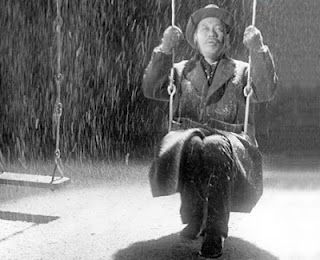More than a week ago Earth First! Philippines, raised
questions about World Wide Fund for Nature Philippines’ (WWF) affiliation with
McDonalds, Aboitiz Power and their usage of tarpaulins in their materials on
their Facebook page. Being an activist that values the capability of social
media as a valid avenue of facilitating informed discourse I was taken aback by
the response that the Facebook Page admin did. They deleted the comment.
Seeing that happen comes as a shock for me and when I tried
asking about it all I got is a comment from another person affiliated with WWF
saying that its because they’re about being positive and not negative. The
answer gave me the impression of how ill-informed they are at the basics of
social interaction within social media.



